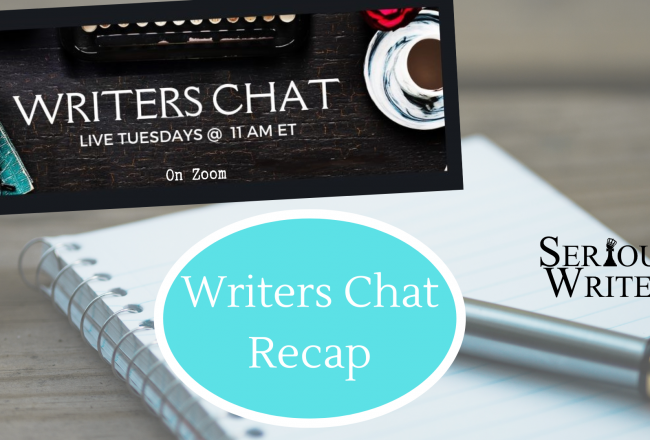
How to Prepare for a Writers Conference
In this Writer’s Chat, Cherrilynn Bisbano and Victoria Duerstock share behind-the-scenes tips and tricks to help you maximize your…
January 18, 2018
In this Writer’s Chat, Cherrilynn Bisbano and Victoria Duerstock share behind-the-scenes tips and tricks to help you maximize your…
January 18, 2018
Please tell us about your most Recent Book It’s titled Army of God and it’s set against the…
January 16, 2018
Matt Brough is a lot of things. He’s a father, a husband, a pastor, and a sports fan. He’s…
January 15, 2018
What if you could write a magazine article which could be published year after year in different publications? These…
January 13, 2018
Enjoy this inaugural episode of the 2018 Writers Chats, where we start the year off right – with prayer!…
January 11, 2018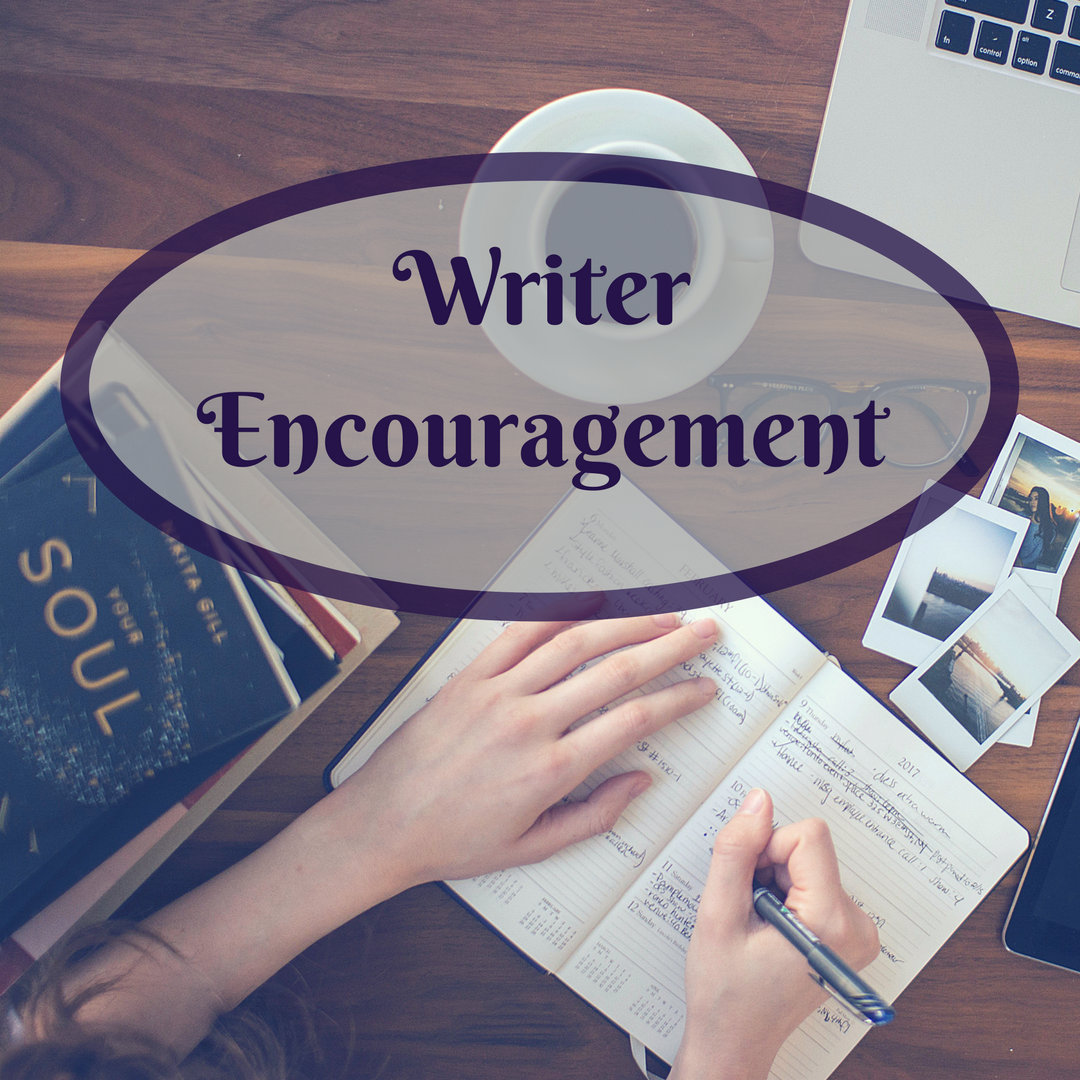
Today I’m feeling like the cowardly lion from The Wonderful Wizard of Oz—I need courage. Courage to face a…
January 11, 2018
It’s a new year. For some writers it is an opportunity to pick up a previous work that had…
January 9, 2018
As an English major in the 90s, I was excited to learn my craft and be creative. However,…
January 7, 2018
Why was my proposal rejected? As a submissions reader, I now understand why my past book proposal was not…
January 6, 2018
It’s a new year, and we all know what that means: resolutions! Love them or hate them, we all…
January 6, 2018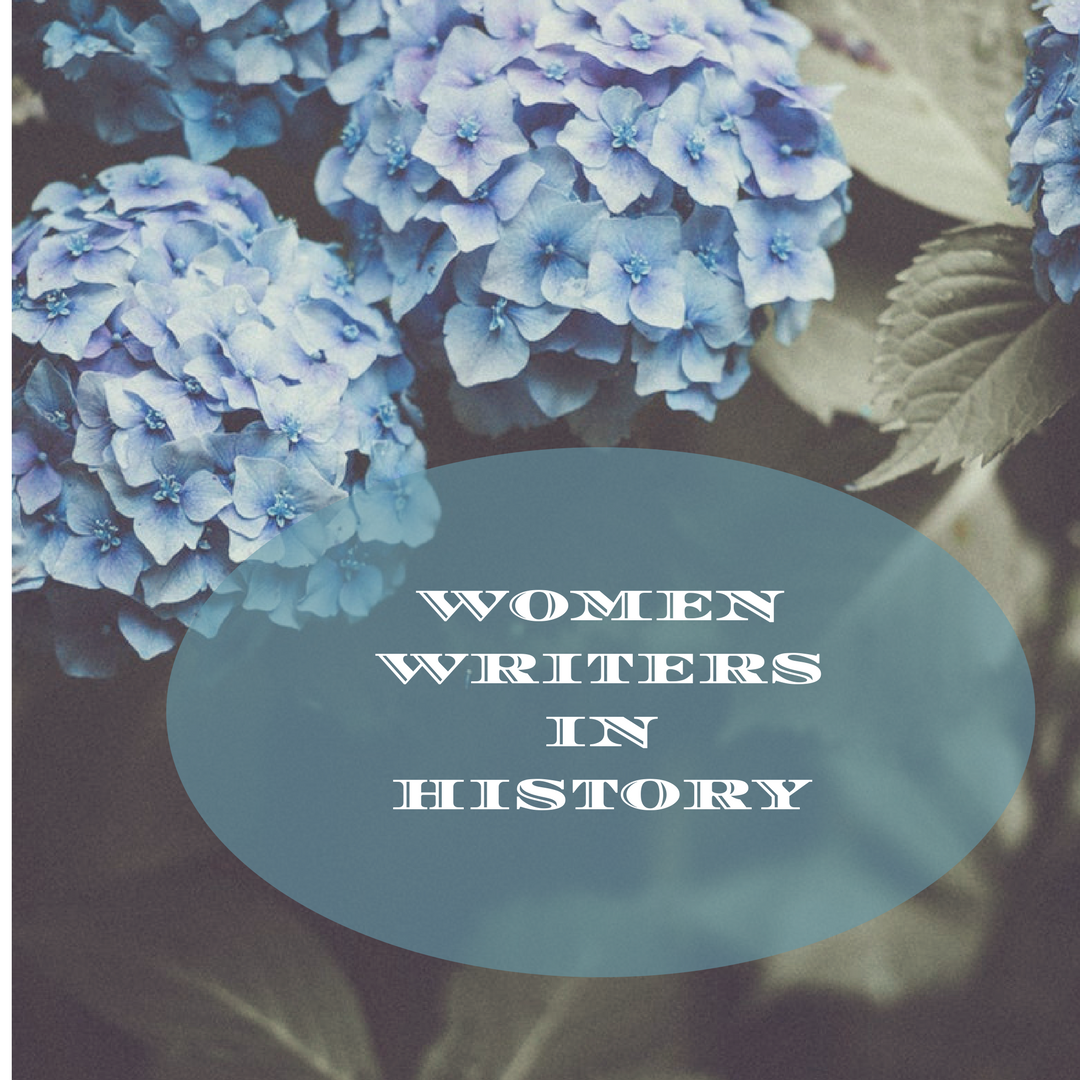
When Benjamin Stillingfleet rejected the norms of 18th century polite society, for the graver pursuits of learning and literature—and…
January 3, 2018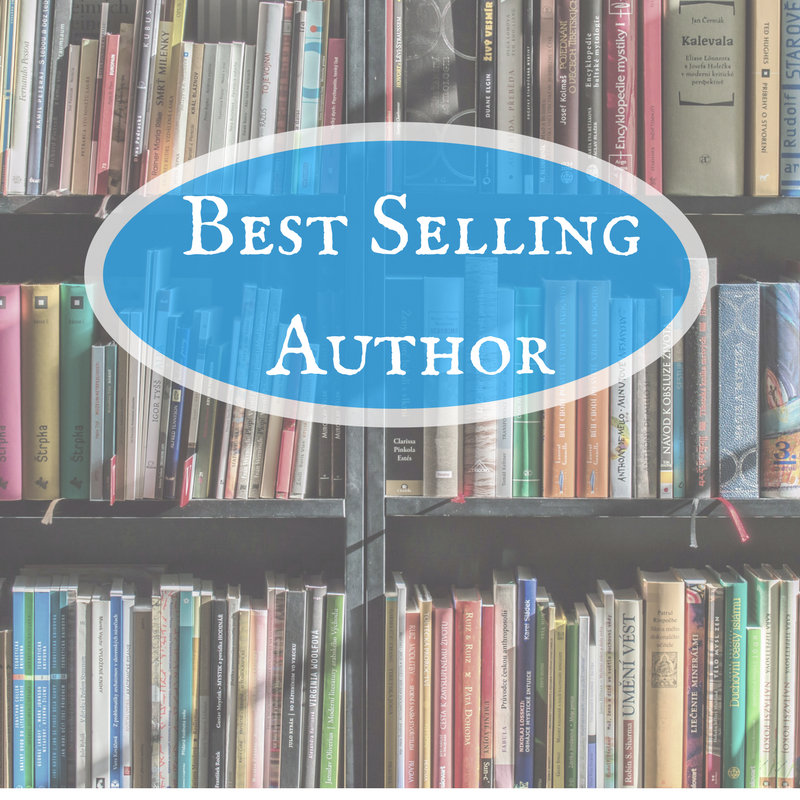
DiAnn Mills is a bestselling author who believes her readers should expect an adventure. She combines unforgettable characters with…
January 1, 2018
I didn’t speak until I was three years old. To everyone’s relief, I finally talked and did so in…
December 30, 2017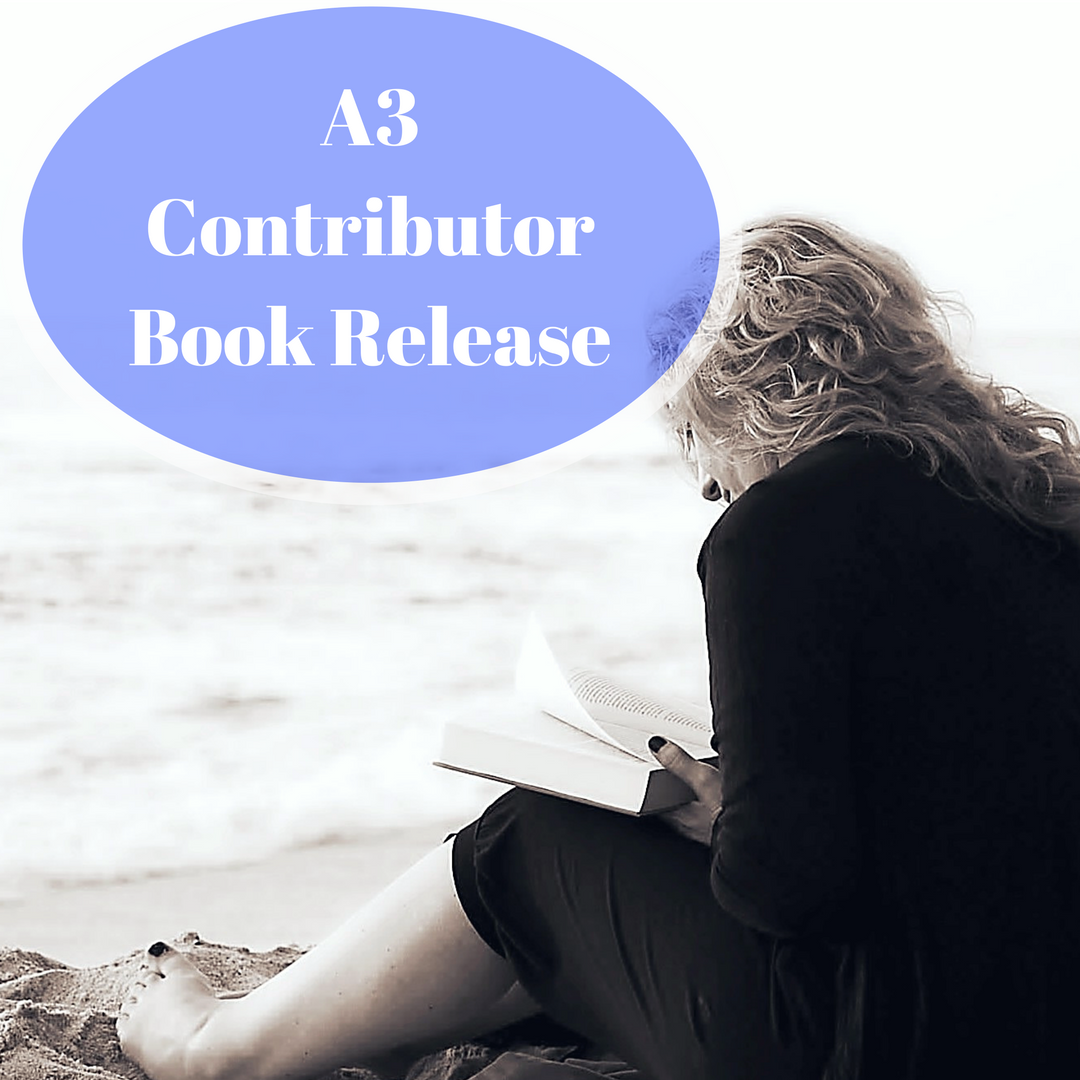
Meghan’s Choice, is Donna L.H. Smith’s debut novel. Donna serves A3 as a regular columnist since the beginning, first…
December 28, 2017
Why is it that closets have become a place where we store our junk? About this time every year,…
December 27, 2017
I am not a music critic – that would be a dream job for me, to listen to music…
December 27, 2017
When we think of creative writing, we often think of novels, short stories, poetry, or even screenplays. But perhaps…
December 27, 2017
Can you imagine what life would be like if you had 4 eyes but no nose or mouth? Or…
December 26, 2017…make the most of every opportunity. (Colossians 4:5b, NLT) Most of my best ideas come when I’m in the…
December 26, 2017
Dad was the creative genius in our family. His fingers drew cartoons on paper napkins and released lullabies from…
December 25, 2017
Ah, at last! The proposal and manuscript is complete, polished, and sent. A contract is offered and joyfully signed.…
December 24, 2017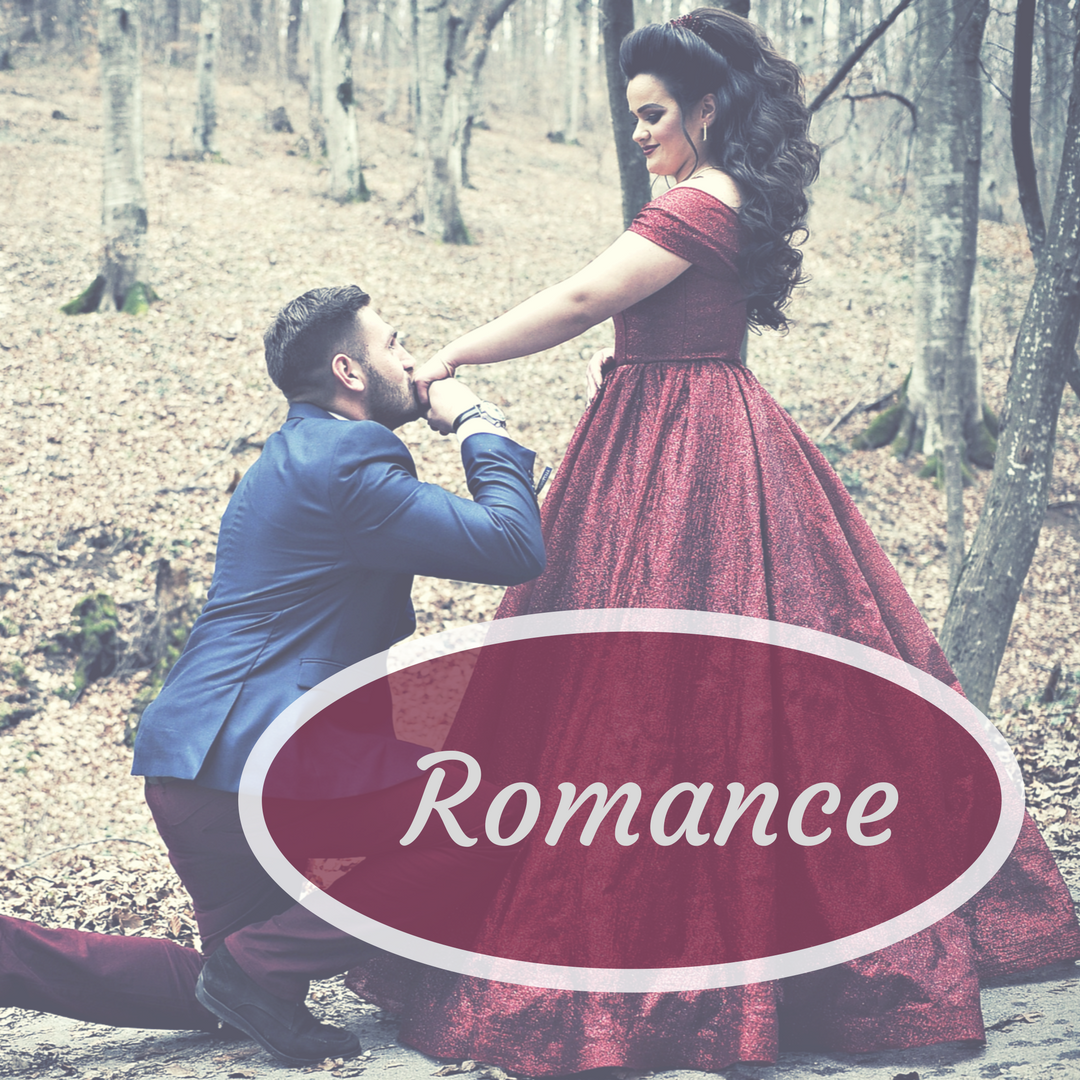
We’re still building a heroine named Susie. We don’t know too much about her yet.[bctt tweet=”Creating a Great Romance…
December 23, 2017
My husband and I don’t live check-to-check, but we also don’t have lots of extra money. However, one thing…
December 22, 2017
I’ve been baking for a couple of weeks now. The wonderful aromas of spices, sugar and chocolates fill my…
December 21, 2017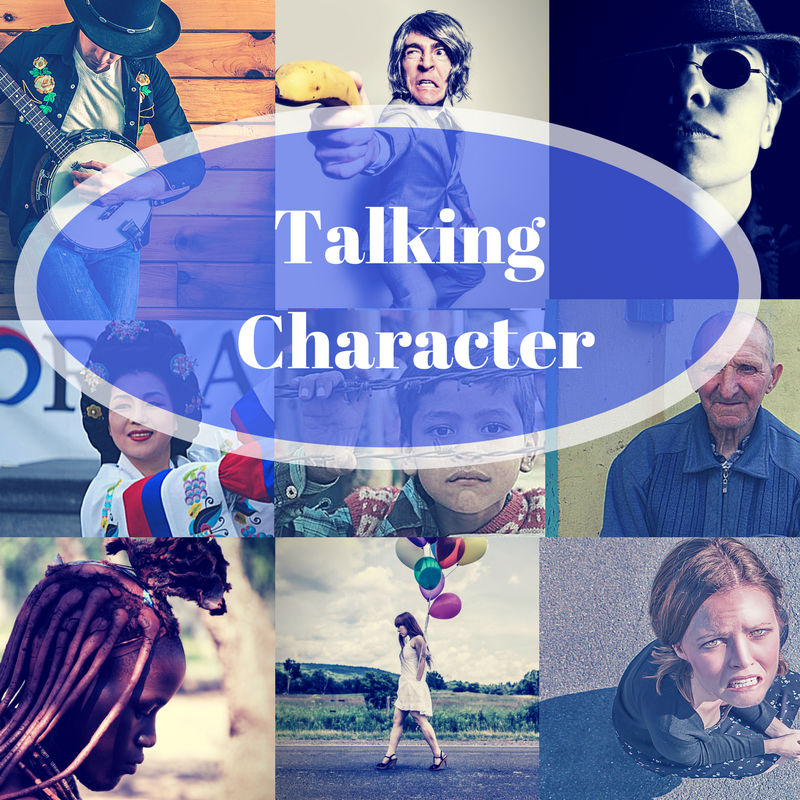
A character bio is a collection of information that delineates and describes a fictional character. It is a tool…
December 20, 2017


